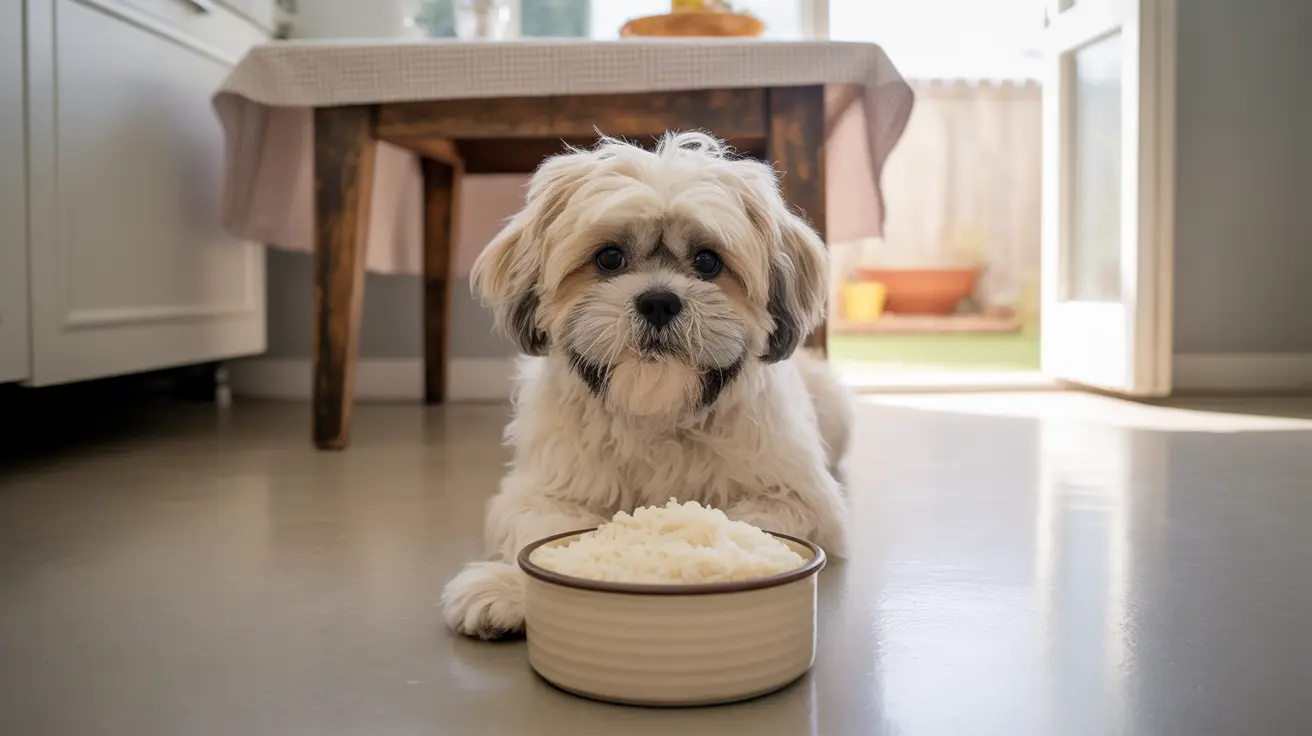As pet owners increasingly focus on their dogs' nutrition, many wonder about incorporating common human foods into their pets' diets. Rice, a staple in human cuisine worldwide, often raises questions about its safety and benefits for our canine companions. This comprehensive guide will explore whether rice is good for dogs, its potential benefits and risks, and how to safely include it in your dog's diet.
Understanding the role of rice in your dog's diet is crucial for making informed decisions about their nutrition. While dogs are primarily carnivorous, they can digest and benefit from certain plant-based foods, including rice, when properly prepared and portioned.
The Benefits of Rice in Your Dog's Diet
Rice offers several potential benefits for dogs when incorporated appropriately into their meal plan:
Energy Source and Digestibility
Rice provides readily available carbohydrates that can fuel your dog's daily activities. Its easy digestibility makes it particularly suitable for dogs recovering from gastrointestinal issues or those with sensitive stomachs.
Nutritional Value
Brown rice, in particular, contains essential nutrients that can support your dog's health:
- Fiber for digestive health
- B vitamins for metabolism
- Manganese for bone development
- Antioxidants for immune system support
Potential Risks and Considerations
Health Concerns
While rice can be beneficial, there are several important considerations to keep in mind:
- Excess consumption may contribute to weight gain and obesity
- Regular rice intake could increase diabetes risk in predisposed dogs
- Some rice varieties may contain trace amounts of arsenic
- High-rice diets might affect taurine levels, crucial for heart health
Brown Rice vs. White Rice
The choice between brown and white rice matters significantly:
- Brown rice offers higher fiber and nutrient content
- White rice is easier to digest but provides fewer nutrients
- Both should be thoroughly cooked and served plain
Guidelines for Feeding Rice to Dogs
Proper Portioning
Follow these guidelines for safe rice feeding:
- Limit rice to 20-25% of total daily food intake
- Start with small amounts to monitor tolerance
- Always serve fully cooked rice
- Avoid seasoning or additives
Preparation Tips
Proper preparation ensures maximum safety and benefit:
- Rinse rice thoroughly before cooking
- Cook until soft but not mushy
- Allow to cool completely before serving
- Store unused portions properly
Frequently Asked Questions
Is rice good for dogs, and can it be included in their regular diet?
Yes, rice can be good for dogs when fed as part of a balanced diet. It provides energy and can be especially helpful for dogs with digestive issues. However, it should not exceed 25% of their daily food intake.
What are the differences between brown rice and white rice for dogs, and which is better?
Brown rice contains more nutrients, fiber, and antioxidants than white rice. While brown rice is nutritionally superior, white rice may be better for dogs with sensitive stomachs due to its easier digestibility.
How much rice should I feed my dog, and what are the guidelines for safe portions?
The amount depends on your dog's size and activity level, but rice should not exceed 20-25% of their daily food intake. Always introduce rice gradually and monitor your dog's response.
Are there any health risks or side effects for dogs that eat rice?
Potential risks include weight gain, increased diabetes risk with excessive consumption, and possible arsenic exposure. Some dogs might also experience digestive issues if rice is introduced too quickly.
Can rice help dogs with digestive issues like an upset stomach or diarrhea?
Yes, plain, cooked white rice can help settle an upset stomach and firm up loose stools. It's often recommended as part of a bland diet during gastrointestinal recovery, but should be temporary and approved by your veterinarian.
Conclusion
Rice can be a healthy addition to your dog's diet when properly prepared and portioned. While it offers various benefits, including energy and digestive support, it should never replace the primary protein-based nutrition that dogs require. Always consult with your veterinarian before making significant changes to your dog's diet, especially if they have existing health conditions or dietary restrictions.






